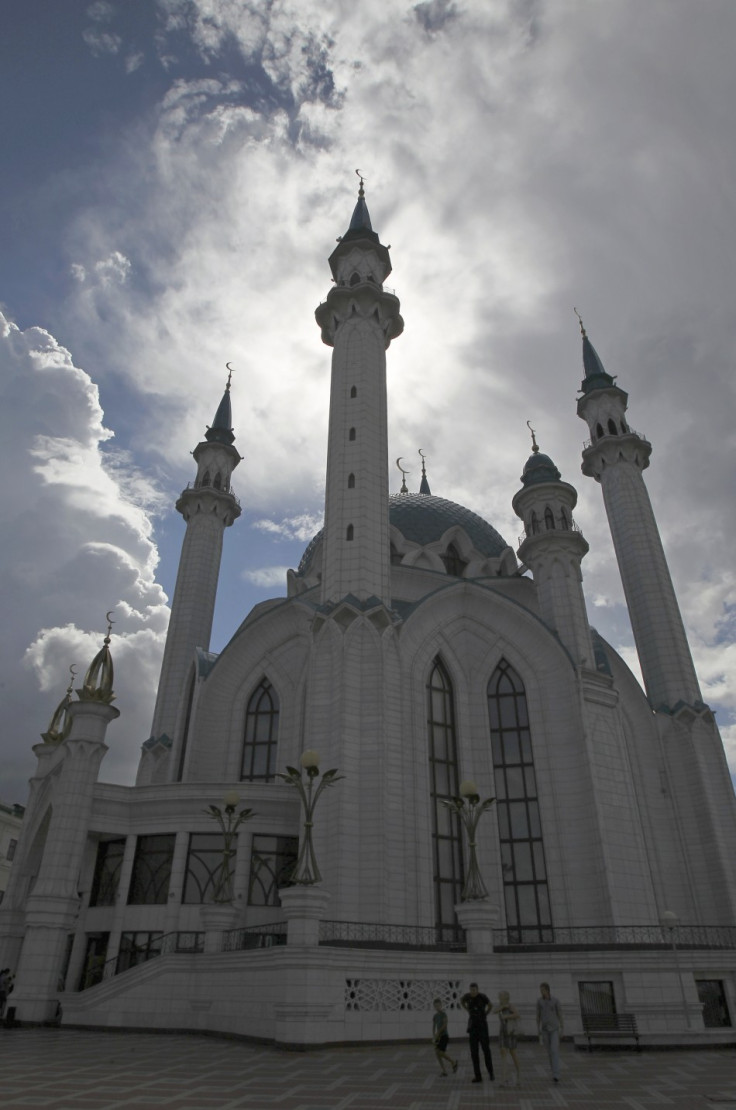Russia: 27 Children Found in Catacombs after 10 Years in Captivity by Muslim Sect
Self-styled prophet charged with negligence and cruelty after denying children all contact with outside world

Russian authorities have rescued 27 children, some of whom have never before seen daylight, from an underground bunker in which they were kept captive for more than 10 years by a reclusive Muslim sect.
Police found the children, aged between one and 17, in a warren of dark, catacomb-like cells beneaths the suburbs of Kazan, a city 800km east of Moscow.
The children were denied any contact with the outside world and lived within a 70-member Muslim community, which moved underground a decade ago under the lead of 83-year-old self-professed prophet Faizrakhman Sattarov.
While the children have been taken to a local hospital for observation, Sattarov has been charged with negligence, according to Kazan's deputy prosecutor Irina Petrova, who was speaking to the Associated Press.
Sattarov has also been charged with cruelty against children, along with three other members of the sect.
No school, no doctor
The catacombs were discovered during an investigation by police which followed the killing of Kazan's Muslim leader Valiulla Yakupov.
Police stumbled on the tunnels under Sattarov's house, a three-storey building topped by a small minaret, which the self-proclaimed prophet bought in 1996 and declared to be an independent Islamic state.
It was subsequently discovered that Sattarov built the catacombs himself, and allowed no-one, apart from a few members who worked as traders at a local market, to leave the eight-level underground bunker.
The children never went to school, or saw a doctor.
Police say the building will be soon demolished. However the sect appears defiant in the face of the impending threat.
"They will come with bulldozers and guns, but they can demolish this house over our dead bodies," said the sect's 'deputy prophet', Gumer Ganiyev, to the Vesti television channel.
Satan's servant
Sattarov, a former imam in the neighbouring province of Bashkortostan, parted from the established Russian Muslim community and named himself "Prophet" in the 1960s, after the KGB sent him and other imams on a publicity trip around neighbouring Muslim states to demonstrate the USSR's religious tolerance.
"[The publicity trip] is how I became Satan's servant, a traitor. When I understood that, I repented and started preaching," Sattarov said in a 2008 interview with the Komsomolskaya Pravda daily newspaper.
Tatarstan Muslim community has quickly distanced itself from Sattarov's sect.
"The teachings of Sattarov, who declared himself a prophet, have been rejected by traditional Muslims," Kazan-based theologian Rais Suleimanov told the BBC.
"Islam postulates that there are no other prophets after Muhammad."
© Copyright IBTimes 2024. All rights reserved.






